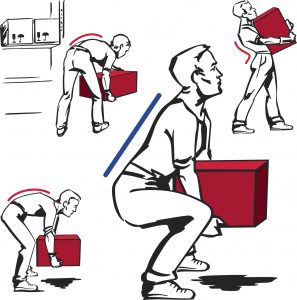 There are many advocates of the importance of a mental health and wellbeing in workplaces. But few of them address the worst-case scenario for workplace mental health of work-related suicides. In some cases, the mental health advocates are overly cautious about even speaking the reality, which does not help reduce mental health stigma.
There are many advocates of the importance of a mental health and wellbeing in workplaces. But few of them address the worst-case scenario for workplace mental health of work-related suicides. In some cases, the mental health advocates are overly cautious about even speaking the reality, which does not help reduce mental health stigma.
In 2016 Professor Stewart Clegg, of UTS Business School said that
“That work can kill the will to live is a fundamental ethical problem that we must attend to…”
New research from the UK provides a useful summary of the work-related and workplace suicides in Europe with important lessons of where precarious employment and the “gig economy” could lead.






